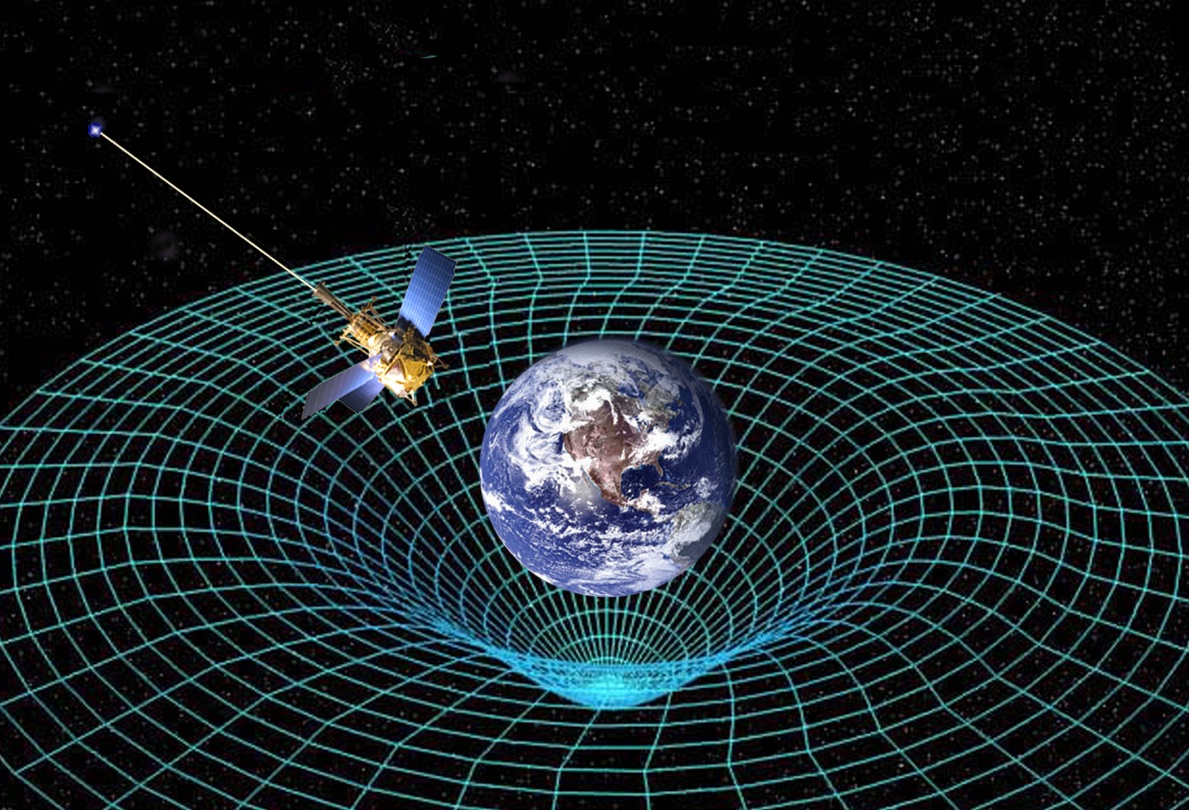


T seems probable that most of the grand underlying principles have now been firmly established and that further advances are to be sought chiefly in the rigorous application of these principles to all the phenomena which come under our notice…. A similar comment was made by the German-American scientist Albert Michelson (1852–1931) in 1894. This has been attributed to William Thomson, Lord Kelvin (1824–1907) in an address to the British Association for the Advancement of Science in 1900, but I haven't been able to find a primary source to back this claim up. All that remains is more and more precise measurement. There is nothing new to be discovered in physics now. Several people are reported to have said something like this They agree with reality to a high degree of accuracy as tested in experiment after experiment.Īt the end of the 19th century, physics appeared to be at an apex. They are mathematically consistent in the sense that no one rule would ever violate another. They can be used to deliver spacecraft to the ends of the solar system with hyper-pinpoint accuracy. They were used to create the machines that launched two waves of industrial revolution - the first one powered by steam and the second one powered by electric current. They describe a universe consisting of bodies moving with clockwork predicatability on a stage of absolute space and time. Newton's laws of motion and universal gravitation, the laws of conservation of energy and momentum, the laws of thermodynamics, and Maxwell's equations for electricity and magnetism were all more or less nearly complete at the end of the 19th century.


 0 kommentar(er)
0 kommentar(er)
